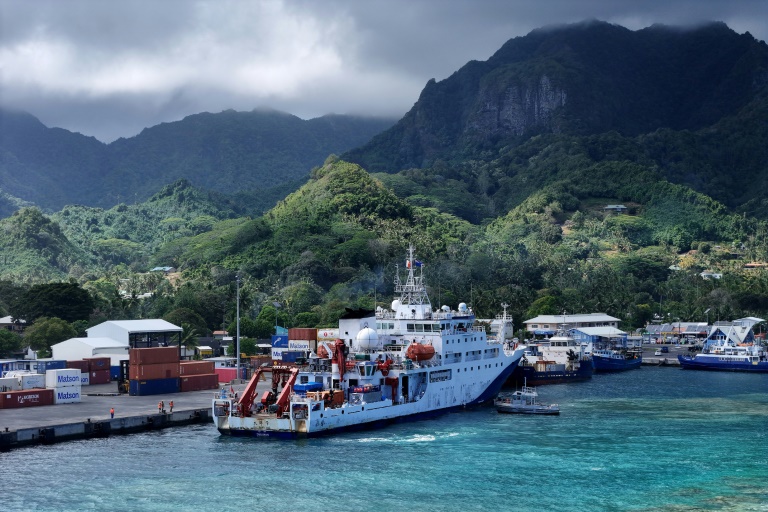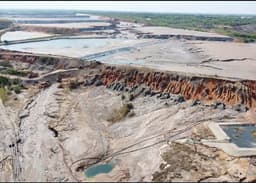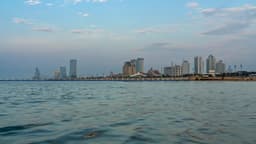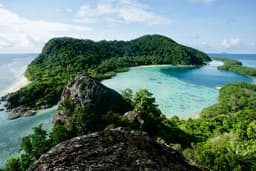Home / Environment / Chinese Ship Docks in Cook Islands to Explore Deep-Sea Mining Potential
Chinese Ship Docks in Cook Islands to Explore Deep-Sea Mining Potential
8 Nov
Summary
- Chinese research vessel docks in Cook Islands to study deep-sea mining
- Cook Islands has vast deposits of polymetallic nodules, critical minerals
- Both US and China ramping up interest in deep-sea mining industry

On November 5th, 2025, a Chinese research vessel called the Da Yang Hao docked in the Cook Islands' port of Avatiu. The ship, operated by China's Ocean Mineral Resources Research Association, is on a "scientific research cruise" to explore the Pacific nation's deep-sea mining potential.
The Cook Islands, a tropical archipelago, is known to have vast areas of seabed carpeted with polymetallic nodules—lumpy rocks containing rare earths and critical minerals like cobalt, nickel, and manganese. Earlier this year, the Cook Islands signed a contentious deal with China for deep-sea mining cooperation, sparking interest from both Beijing and Washington.
With existing supplies of critical minerals vulnerable to trade disputes, the United States has also secured an agreement with the Cook Islands to pursue deep-sea mining research. However, no country or company has yet started commercial-scale production, as international regulators are still working to establish environmental rules for the industry.
The arrival of the Chinese research vessel comes less than a month after a deep-sea exploration voyage backed by the US National Oceanic and Atmospheric Administration in the region. While the industry remains in its early stages, both superpowers are racing to secure access to the Cook Islands' seabed resources.



